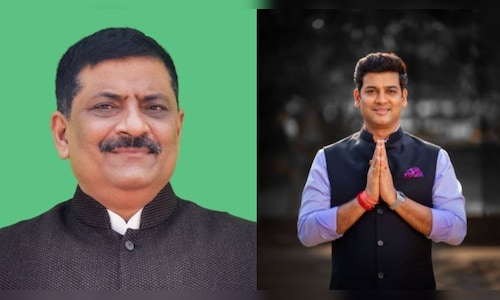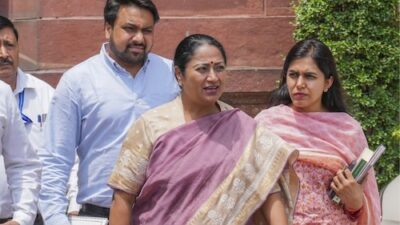On Wednesday (May 21), two multi-party delegations embarked on journeys to various global capitals, marking an important diplomatic initiative linked to India’s Operation Sindoor. Their mission is to present a unified Indian perspective on cross-border terrorism, particularly concerning Pakistan.
One team, headed by Janata Dal (United) [JD(U)] Member of Parliament (MP) Sanjay Jha, is traveling to Japan, while the other, led by Shiv Sena MP Shrikant Shinde, is en route to the United Arab Emirates (UAE).
Prior to their departure, Foreign Secretary Vikram Misri provided the delegates with insights into India’s position on terrorism and Pakistan’s involvement, emphasizing the recent April 22 Pahalgam massacre that claimed 26 civilian lives.
“Our message to global leaders will be that India has reached its limit, and that Pakistan behaves like a thief asked to investigate its own offenses whenever India has previously placed trust in its commitments on counter-terrorism,” Jha stated after the briefing.
East Asia
Jha’s delegation will visit five Asian countries, starting with Japan on May 22, followed by South Korea (May 24), Singapore (May 27), Indonesia (May 28), and Malaysia (May 31).
The team consists of representatives from various political parties: Bharatiya Janata Party (BJP) MPs Aparajita Sarangi, Brij Lal, Pradan Baruah, and Hemang Joshi are joined by Trinamool Congress (TMC) MP Abhishek Banerjee, Communist Party of India (Marxist) [CPI(M)] MP John Brittas, and Congress veteran Salman Khurshid, along with former diplomat Mohan Kumar.
Read more: 7 delegations, 1 mission: India launches global diplomatic blitz to expose Pakistan’s terror links
2nd delegation heads to UAE and Africa
The second delegation, led by Sena’s Shrikant Shinde, will visit the UAE (May 21), the Democratic Republic of Congo (May 24), Sierra Leone (May 28), and Liberia (May 31).
Participants include BJP MPs Bansuri Swaraj, Atul Garg, Manan Kumar Mishra, Biju Janata Dal (BJD) MP Sasmit Patra, Indian Union Muslim League (IUML) MP ET Mohammed Bashir, SS Ahluwalia, and Ambassador Sujan Chinoy.
Read more: Foreign Secretary Vikram Misri briefs parliamentary delegations ahead of their visits abroad
Shinde mentioned to reporters that the team intends to highlight “Pakistan’s connections to terrorist activities in India and present evidence linking the nation to these heinous acts against humanity both in India and internationally.”
Coordinated diplomacy across the globe
Seven multi-party delegations are set to visit 32 foreign capitals and the European Union in the following days. Their objective is to engage with ministers, lawmakers, think tanks, and media to articulate India’s unified stance on terrorism.
India executed targeted and strategic strikes on nine terrorist camps in Pakistan and Pakistan-occupied Kashmir (PoK) during the early hours of May 7, in response to the April 22 Pahalgam attack. The Pakistani military retaliated with missile and drone strikes, escalating tensions.
The military exchanges concluded with a ceasefire ‘understanding’ established between the Directors Generals of Military Operations (DGMOs) of both countries on May 10.
The delegations will showcase India’s rare political unity, reinforcing the message of “zero tolerance” towards terrorism.
Read more: ‘I will not be found wanting’: Congress MP Shashi Tharoor on key role in India’s diplomatic outreach



